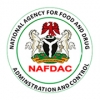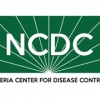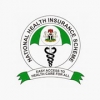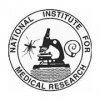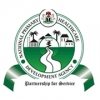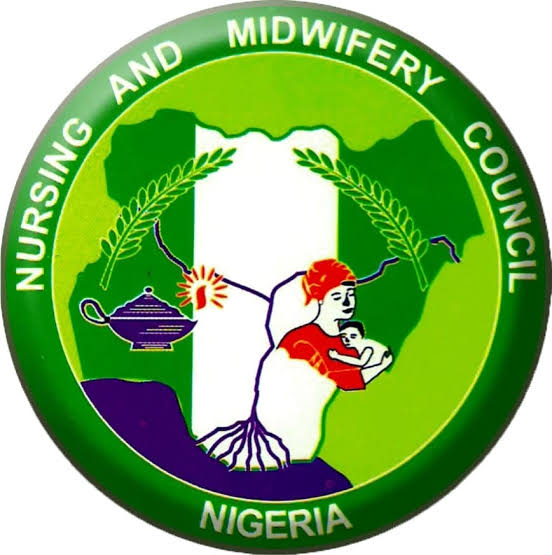THE PRESS BRIEFING BY THE HONORABLE MINISTER OF HEALTH DR OSAGIE EHANIRE ON THE CELEBRATION OF THE 2020 WORLD BREASTFEEDING WEEK HELD ON TUESDAY, 4TH AUGUST, 2020
PROTOCOL
Over the years, Nigeria has joined more than 170 countries to commemorate the World Breastfeeding Week, a weeklong series of activities from 1st to 7th August every year, intended to create awareness and generate support for improved breastfeeding practices for good health and wellbeing outcomes for infants and young children
2. The theme of this year’s celebration is “Support Breastfeeding for a Healthier Planet”. It focuses on the impact of proper infant feeding on the environment, by garnering support for breastfeeding for the health of people and planet. Breastfeeding is naturally environmentally friendly, since it does not draw on any resources or create environmental pollution. In contrast to formula feeding, breast milk is a naturally-renewable, requires no disposal of packaging and its production does not increase our carbon foot print.
3. The benefit of breastfeeding to both mother and baby is well documented. Breastfed babies have stronger immunity, reduced risk of suffering many childhood illnesses and infections. It is also associated with longer-term health benefits including reduced risk of overweight and obesity in childhood and adolescence. Studies have shown that obesity rates are 15-30% lower in breastfed babies compared to formula-fed babies. The World Health Organization, in a series of Lancet publications on breastfeeding, reports that scaling up breastfeeding practices to almost universal level could prevent an estimated 823 000 annual deaths, or 13•8% of all deaths of children younger than 24 months.
4. Breastfeeding also provides health benefits to mothers, by helping to prevent postpartum bleeding, support child spacing, lower the risk of breast and ovarian cancers and earlier return to pre-pregnancy body weight. An estimated 20,000 maternal deaths could be prevented annually if optimal breastfeeding were practiced.
5. Despite these benefits, the breastfeeding indices in Nigeria are below optimal. According to the National Demographic and Health Survey 2018, 97% of children are breastfed at one point or the other; but only 42% are put to breast within 1 hour of birth and the proportion of children 0 to 6 months who are exclusively breastfed is a mere 29%.
6. The Federal Ministry of Health recommends early initiation of breastfeeding within an hour of birth, exclusive breastfeeding for the first six months of life, continued breastfeeding up to two years of age or beyond and introduction of appropriate complementary food as from six months.
7. As part of measures to increase optimal breastfeeding practices, the Ministry developed the National Social and Behavioural Change Strategy for infant and Young Child Feeding, but a major barrier to its proper implementation is the practice by mothers and care givers, on giving water to babies from birth to the age of six months
8. To address this problem, we launched the National Zero Water Campaign during the 2019 World Breastfeeding Week celebration, aimed to educate Nigerians on the need to give babies only breast milk only, and no other liquids in the first six months of life. The Campaign is ongoing in several states.
9. The National Guidelines on the Baby Friendly Initiative (BFI) is currently being reviewed. It encompasses baby friendly services in the hospital, community and workplace; the goal of which is to incorporate programming breastfeeding as an integrated delivery in routine services pertaining to breastfeeding at health facility, community and workplace, and incorporating the revised 10 steps to successful breastfeeding.
10. Our commitment to promoting and supporting breastfeeding is resolute and is to address threats which unwholesome marketing of breastmilk substitutes (BMS) poses to optimal breastfeeding practice. The revision of the Regulations incorporates WHO resolutions and recommendations on the International Code on the Marketing of Breastmilk Substitutes. It prohibits unethical marketing practices of infant food manufacturers.
11. Our efforts on the Code earned Nigeria improved rating in the International Code Status Report 2020. We are presently working on a strategy to strengthen implementation and monitoring of the Code for the marketing of Breastmilk Substitutes. The National Agency for Food and Drugs Administration and Control, the agency charged with responsibility for enforcement of this regulation, has been directed to step up surveillance and enforcement for the revised regulation.
12. At this juncture, I wish to thank all our partners who have worked with us in the promotion, protection and support of breastfeeding. As we mark this year’s World Breastfeeding Week, let us all make a renewed commitment to do more to help the Nigerian child experience the lifesaving benefits of optimal breastfeeding. An investment in breastfeeding is a cost-effective investment in our nation’s health, economy and future workforce.
13. Thank you and God bless you.
